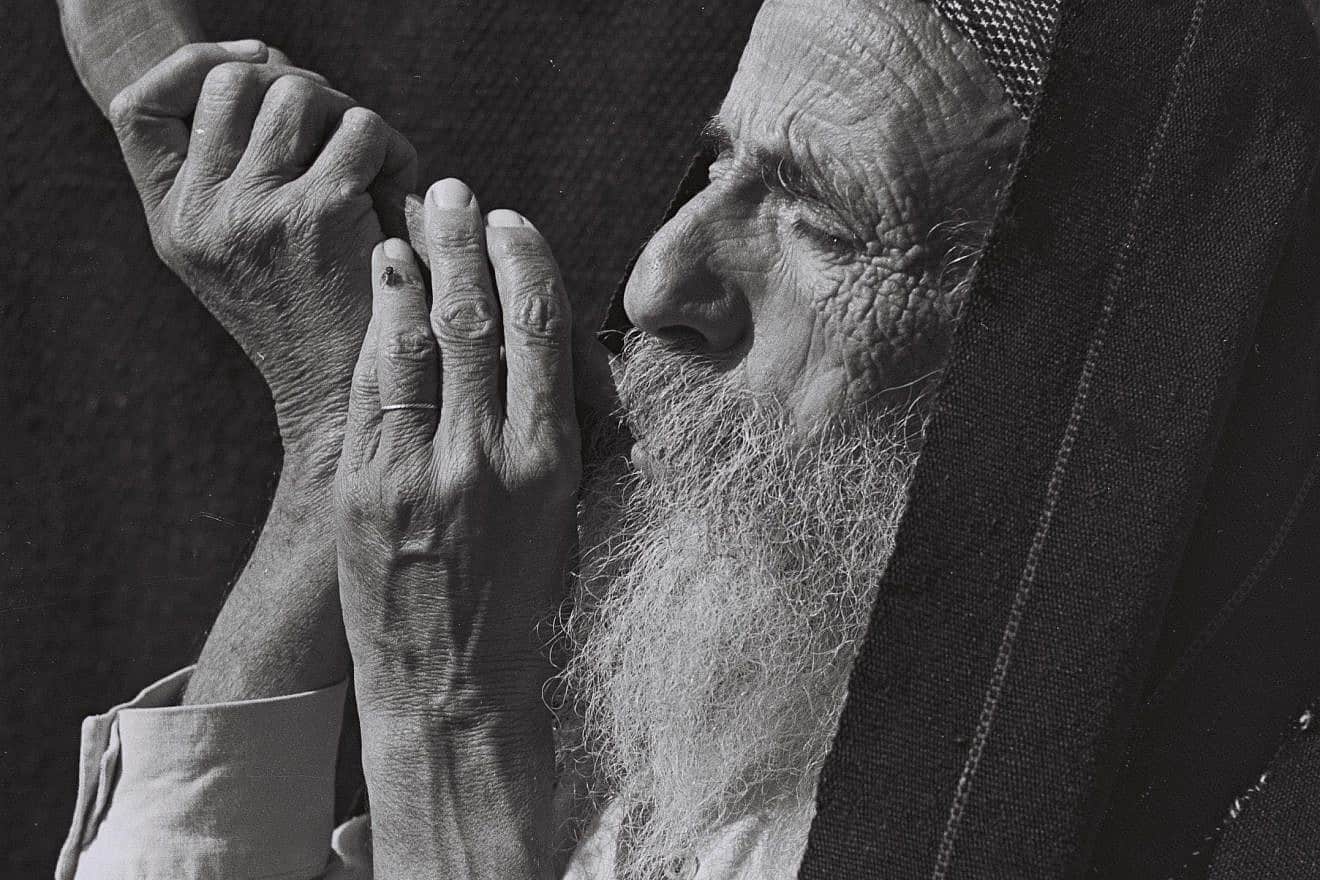Nowhere in the Five Books of Moses is the holiday of Rosh Hashanah referred to with this name by which it is commonly known today. The term “Rosh Hashanah” originated in the Talmudic period, a millennium and a half after the Torah was received.
In the Talmud, an entire tractate is called by the name Rosh Hashanah and is devoted to exploring the laws of this seminal holiday. In the Torah itself, the holiday is referred to two times—once as “a remembrance of the shofar blast, a holy occasion” (Leviticus 23:24), and once as “a day of shofar sounding for you” (Numbers 29:1).
In both of these cases, the day is identified with the sounding of the shofar, the festival’s central ritual. Prior to coming to be known by its current name, the holiday was referred to simply as Yom Teruah/“the Day of Shofar Sounding.” In order to understand Rosh Hashanah, we must therefore explore the significance of the shofar.
There are a variety of connotations to the shofar, and one of them is the sounding of the royal horns to announce the arrival or coronation of the king. Rosh Hashanah is described in the Talmud as the day on which God is declared king once again for the year ahead. But what does it mean that we are to coronate God as king; is there something that being “king” signifies that being “God” does not? And if God desires to be king, then why does He need us to declare Him so; isn’t He in control whether or not we recognize His rulership?
The sages explain that the relationship to a king is distinctly different from the relationship to God in that (ideally, at least) a monarch is chosen by His subjects. Whereas God is God regardless of the will of His creations, a king is only king if his subjects pledge their allegiance to him. Of course, history has had more than its share of monarchs who imposed and enforced their rule on the populace. But Torah draws a clear distinction between memshala/“rulership” and melucha/kingship.” A moshel/“ruler” is one who subjugates his subjects by force, whereas a melech/“king” is one to whom the people have voluntarily pledged their devotion and service.
The sages express this concept in the phrase: Ein melech b’lo am/“There is no king without a people” (Rabbeinu Bachaye on Bereishit 38:30). The simple implication here is that one cannot be a ruler if there is no one to rule. On a more subtle level, it indicates that if the am/“people” do not agree that this person should reign, then while he may impose his will over them by force and serve as a dictator or tyrant, no matter how powerful he may be, he is no melech/“king” at all.
The Chassidic masters glean an even deeper lesson from this statement: Ein melech b’lo am/“There is no king without a people.” The word am means “nation” or “people,” but vowelized differently, it can also be read im, which means “with.” Rendered as such, the statement would read, “there is no king if there is no ‘with.’ ” In other words, there can be no king if there is no one “with” him—no one to whom he is close or similar or related. In this sense, it is understood that we cannot possibly make God our king if we are not similar to Him. A person can own many sheep or horses, and he or she can control them completely but cannot be a monarch over them. One cannot be king over trees or rocks. He can own many physical possessions, but this ownership does not render him a sovereign. In order to be king over something, the king and his subjects must be of the same species or kind.
The implication, then, of God’s commandment for us to “make Me king over you” is that we are inherently like Him, and therefore, we are capable of being His subjects. Only because we are Godly beings can we make God our king. Only by revealing our inherent Godliness can we fulfill His directive to coronate Him. This, then, is our ultimate task on Rosh Hashanah: to discover and manifest our essential Godliness. We thereby reveal that God is sovereign over His entire creation.
Excerpted from Pnei Hashem, an introduction to the deepest depths of the human experience based on the esoteric teachings of Torah (www.pneihashem.com).


























